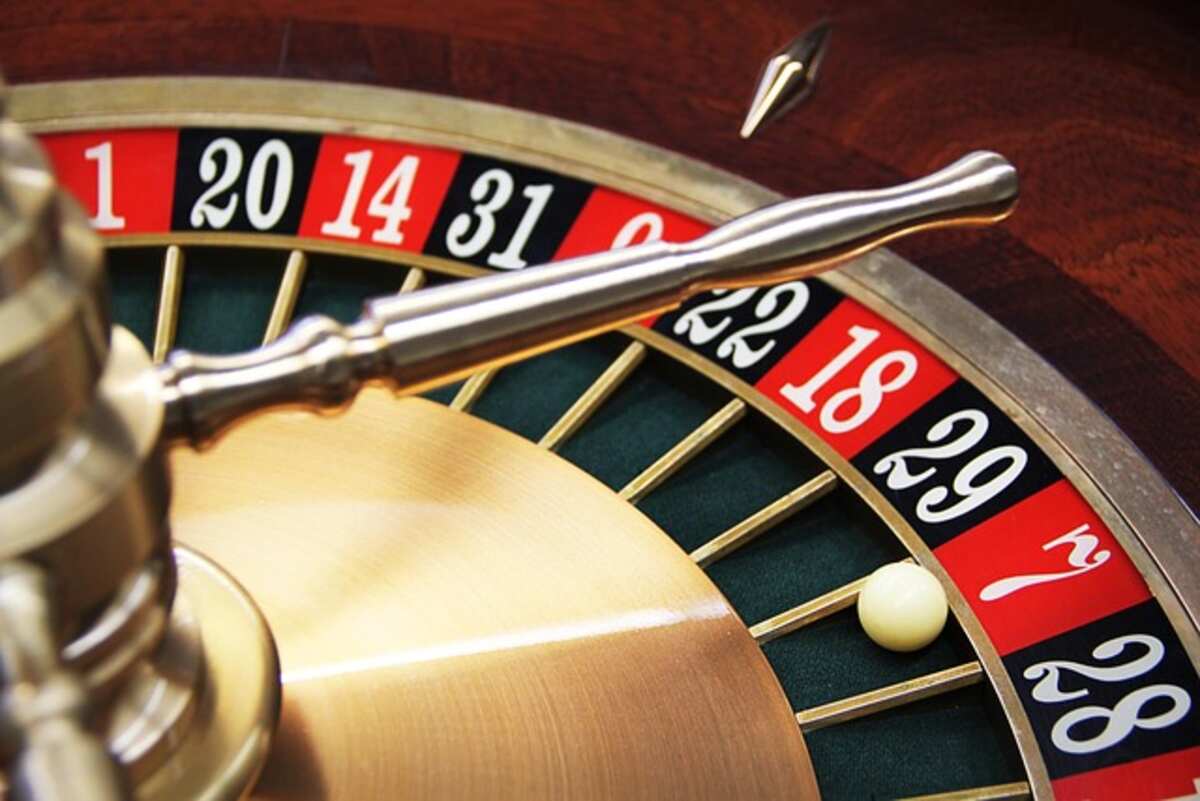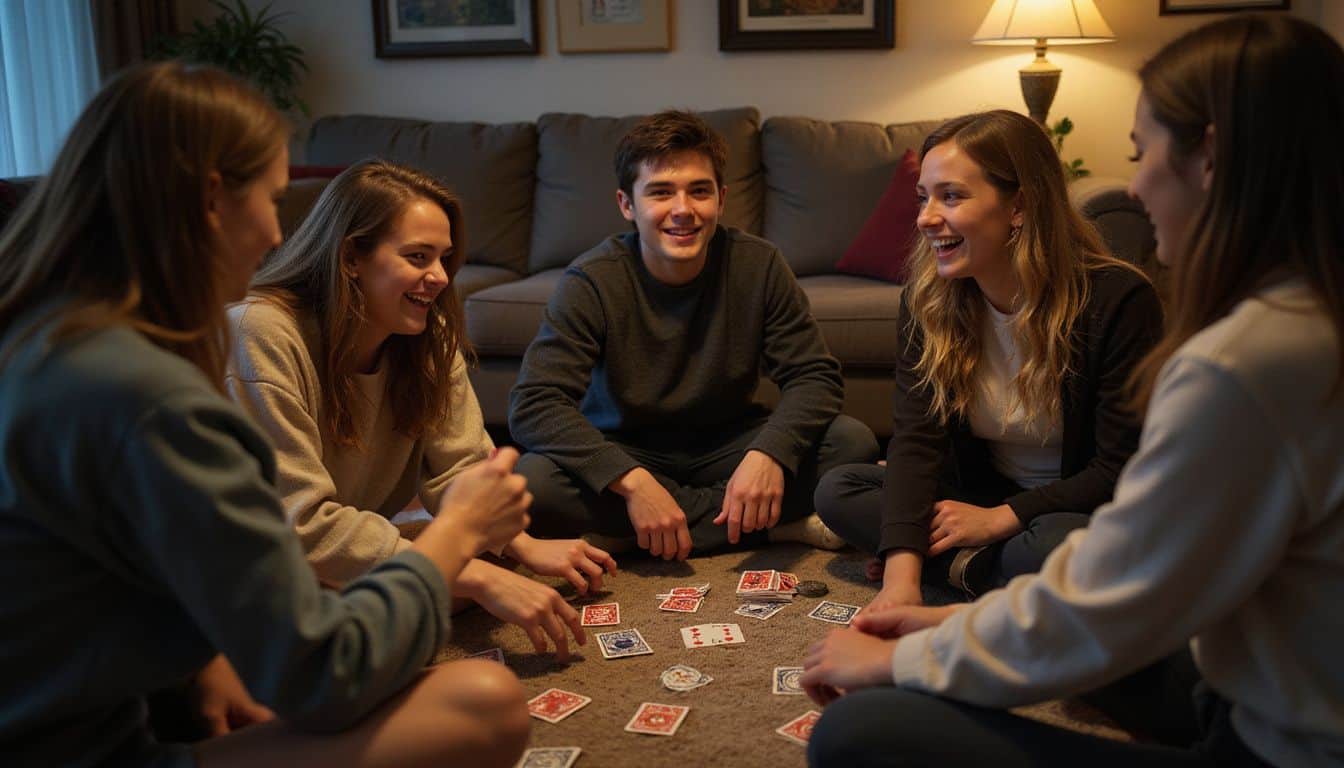
Shuffle Up and Deal: Your Guide to the Easiest Instant-Play Card Games for Pure, Unadulterated Fun
In an age dominated by glowing screens, endless notifications, and the relentless pursuit of the next big digital thrill, there’s a quiet, analog revolution waiting just a shuffle away. Forget complex rulebooks, lengthy setups, or battery life concerns. We’re talking about the humble deck of cards – or a specially designed, equally accessible counterpart – that offers an immediate, universally understood gateway to joy.
Life moves fast, and sometimes, all we crave is a burst of simple, unadulterated fun that doesn’t demand hours of commitment or a steep learning curve. Whether you’re filling a five-minute gap, breaking the ice at a gathering, or just need a digital detox, instant-play card games are your unsung heroes. They’re portable, affordable (often free, if you already own a deck), and offer a refreshing dose of face-to-face interaction that’s increasingly precious.
This article isn’t about deep strategy or competitive tournaments. It’s a celebration of the effortlessly fun, the immediately understandable, and the endlessly replayable. So, let’s cut through the noise, grab a deck, and dive into the easiest instant-play card games perfect for quick bursts of laughter, connection, and good old-fashioned entertainment.
The Unrivaled Kings of Instant Gratification
When it comes to instant fun, certain games stand head and shoulders above the rest, demanding little more than a quick explanation and a willingness to embrace the moment.
1. Uno: The Undisputed Champion of Color and Chaos
Let’s be honest, could we even begin this list without Uno? This vibrant, purpose-built card game has transcended generations and cultures, becoming a household name synonymous with instant fun. Its brilliance lies in its simplicity: match the color or number of the card previously played, and be the first to empty your hand. But oh, the delightful chaos that ensues!
Why it’s instant fun:
- Universal Recognition: Most people have played it, or at least seen it. Explaining it takes mere seconds.
- Immediate Engagement: From the first card, players are actively participating, strategizing (mildly!), and reacting.
- Dynamic Play: Skip cards, Reverse cards, Draw Two, and the infamous Wild Draw Four ensure that fortunes can change in an instant, keeping everyone on their toes.
- The "Uno!" Shout: There’s a primal satisfaction in declaring "Uno!" when you’re down to your last card, and a collective groan (or cheer) when someone else beats you to it. It’s a built-in moment of dramatic tension.
Quick Fun Tip: Don’t be afraid to embrace house rules! Stacking Draw Two cards, or letting players "jump in" if they have the exact same card, can add even more delightful anarchy to a quick game. Uno is perfect for a 5-15 minute blast of competitive camaraderie.
2. Crazy Eights: Uno’s Venerable Ancestor
Before Uno burst onto the scene with its dedicated deck and bold graphics, there was Crazy Eights, played with a standard 52-card deck. It’s essentially the classic, stripped-down version of Uno, proving that the core mechanics of matching and wild cards are timeless.
Why it’s instant fun:
- Standard Deck Accessibility: All you need is a regular deck of playing cards, making it instantly available almost anywhere.
- Simple Objective: Be the first to empty your hand by matching the rank or suit of the previous card.
- The Wild Card: The "8" is wild, allowing players to change the suit, which is where the "crazy" fun comes in, leading to strategic shifts and unexpected plays.
- Foundational Skills: It’s an excellent game for teaching basic card game mechanics, suit recognition, and quick decision-making.
Quick Fun Tip: For added quickness, play without keeping score over multiple rounds. Just play one round for the sheer joy of it, and declare a winner. It’s a fantastic filler game for any occasion, taking about 5-10 minutes per round.
3. Go Fish: The Gentle Game of Matching and Memory
A staple of childhoods everywhere, Go Fish is the epitome of a gentle, easy-to-learn card game. It’s perfect for mixed age groups and provides a calm, engaging experience without high stakes.
Why it’s instant fun:
- Effortless Learning: Ask for a card, get a card, or "Go Fish!" – that’s essentially it.
- Relaxed Pace: There’s no frantic energy here, making it ideal for winding down or for younger players.
- Satisfying Sets: Collecting a "book" of four identical cards feels genuinely rewarding.
- Social Interaction: It encourages polite requests and gentle interrogation, fostering communication.
Quick Fun Tip: To speed things up, play until one person collects a set number of "books" (e.g., three or five), rather than waiting for all cards to be collected. This makes it perfect for a 10-20 minute session of quiet fun.
4. War: The Ultimate Game of Chance
War is perhaps the simplest card game imaginable, requiring absolutely no strategy whatsoever. It’s pure, unadulterated luck, which ironically, is precisely why it’s so instantly appealing for quick fun.
Why it’s instant fun:
- Zero Learning Curve: Divide the deck, flip cards, higher card wins. That’s literally the entire game.
- Pure Luck: There’s no thinking required, making it incredibly relaxing and mentally undemanding.
- Mesmerizing Repetition: The rhythmic flipping of cards can be surprisingly hypnotic, especially for children.
- The "War!" Moment: When two cards of the same rank appear, the "War!" declaration and subsequent face-down-then-face-up reveal adds a tiny, delightful burst of suspense.
Quick Fun Tip: Agree on a time limit or a number of cards to play through. Since a full game can go on indefinitely, playing for 5-10 minutes and seeing who has the most cards at the end is a perfect way to enjoy its simplicity without the commitment.
Modern Marvels of Quick-Play
While classic card games are fantastic, the last few decades have seen the rise of specially designed games that perfect the art of instant fun, often with unique mechanics and vibrant visuals.
5. Spot It! (or Dobble): The Blazing-Fast Visual Challenge
Spot It! (known as Dobble in many regions) is a revelation in quick-play design. Each circular card features eight different symbols, and the magic is that any two cards in the deck will always share exactly one matching symbol. The goal? Be the first to spot it!
Why it’s instant fun:
- Lightning Fast: Rounds can be over in literally seconds, making it ideal for even the briefest breaks.
- Simple Concept: Find the match, shout it out, take the card (or discard it, depending on the mini-game).
- Engaging for All Ages: The visual recognition aspect levels the playing field, allowing kids to often outpace adults.
- Multiple Mini-Games: The box comes with several ways to play, all centered around the core matching mechanic, offering variety without added complexity.
- Highly Portable: The small, round tin is perfect for travel, cafes, or waiting rooms.
Quick Fun Tip: Try the "The Tower" mini-game for the fastest experience. Each player gets one card face down, and a central deck is placed face up. On "Go!", players flip their card and race to find the match between their card and the top card of the central deck, placing their card on top once found. The player who gets rid of all their cards first wins! Perfect for 2-5 minutes of frantic fun.
6. Blink: The Speed Demon of Card Games
If you thought Spot It! was fast, prepare for Blink. This game, as its name suggests, is all about pure, unadulterated speed. There are no turns; players simultaneously race to be the first to get rid of all their cards by matching one of three attributes (color, shape, or count) to either of two discard piles.
Why it’s instant fun:
- Simultaneous Play: No waiting for your turn means constant engagement and adrenaline.
- Ultra-Simple Rules: Match one of three things. That’s it.
- Pure Reflexes: It’s less about strategy and more about quick visual processing and hand-eye coordination.
- Short Bursts of Excitement: Games are incredibly short, often lasting less than two minutes, making it perfect for rapid-fire rounds.
Quick Fun Tip: Blink is designed for two players, making it a fantastic head-to-head challenge. Keep track of who wins the most rounds over a short period to add a competitive edge to your quick fun.
The Enduring Appeal of Analog Simplicity
Why do these seemingly simple card games hold such power in our complex, digitally saturated lives? The answer lies in several profound benefits they offer, often unconsciously.
1. The Digital Detox We All Need
In an era of constant connectivity, pulling out a deck of cards is an intentional act of unplugging. It offers a much-needed respite from screens, blue light, and the mental fatigue of digital overload. It’s a gentle reminder that some of the best entertainment doesn’t require a Wi-Fi signal.
2. Fostering Genuine Connection
Card games are inherently social. They demand face-to-face interaction, shared laughter, and often, good-natured banter. They bridge generational gaps, allowing grandparents to play with grandchildren, and strangers to become fast friends. In a world increasingly isolated by individual screens, a deck of cards is a powerful tool for bringing people together, even for a few quick minutes.
3. Stress Relief Through Simplicity
The beauty of "easy" games is their low barrier to entry and low stakes. There’s no pressure to perform perfectly or master complex strategies. This simplicity is incredibly therapeutic, allowing our minds to relax, focus on a tangible task, and enjoy the pure act of play without the mental heavy lifting often associated with more intricate games or real-world challenges.
4. Accessibility and Portability
A deck of cards fits into almost any bag, pocket, or glove compartment. It requires no power source, no internet connection, and can be played almost anywhere – on a picnic blanket, a train table, a coffee shop, or a kitchen counter. This unparalleled portability makes instant fun always within reach.
5. Cost-Effectiveness
Most of the classic games mentioned here can be played with a standard deck of cards, which costs only a few dollars. Even dedicated quick-play games like Uno or Spot It! are relatively inexpensive, offering endless hours of entertainment for a minimal investment. This makes them an accessible form of fun for everyone.
6. Cognitive Engagement Without the Strain
Even the simplest games engage our brains in positive ways. Go Fish helps with memory and matching, Spot It! sharpens visual perception, and Uno requires quick decision-making and pattern recognition. These aren’t strenuous mental workouts, but rather gentle exercises that keep our minds nimble and alert in an enjoyable way.
Beyond the Cards: The Spirit of Play
Ultimately, the magic of these easiest instant-play card games isn’t just in their rules or their components. It’s in the spirit they evoke. It’s the laughter that erupts when a Wild Draw Four changes everything in Uno, the focused silence as someone tries to remember where that last pair of Kings is in Memory, or the collective "Snap!" that breaks the quiet.
These games remind us that fun doesn’t have to be complicated or expensive. It can be found in the simplest of interactions, the flick of a wrist, and the shared experience around a small stack of cardboard. So, the next time you find yourself with a few minutes to spare, or a desire to connect with those around you, don’t reach for your phone. Reach for a deck of cards. Shuffle them up, deal them out, and rediscover the pure, unadulterated joy of instant play. Your quick fun awaits.
